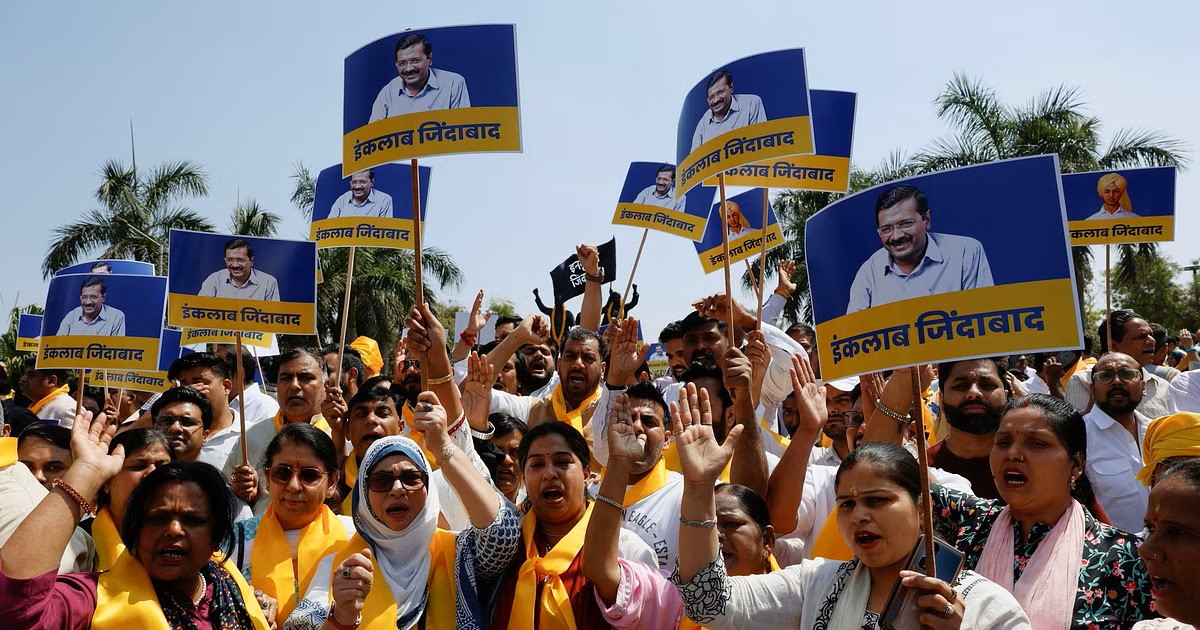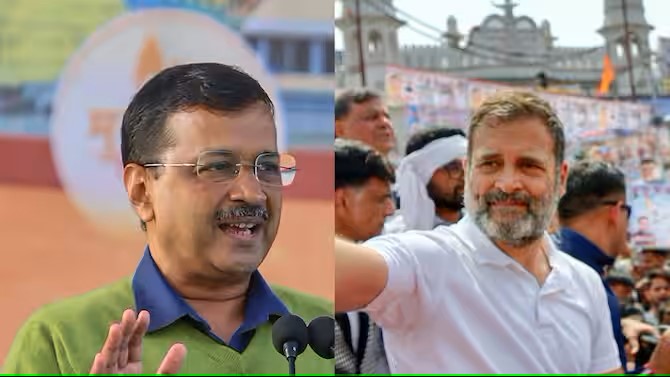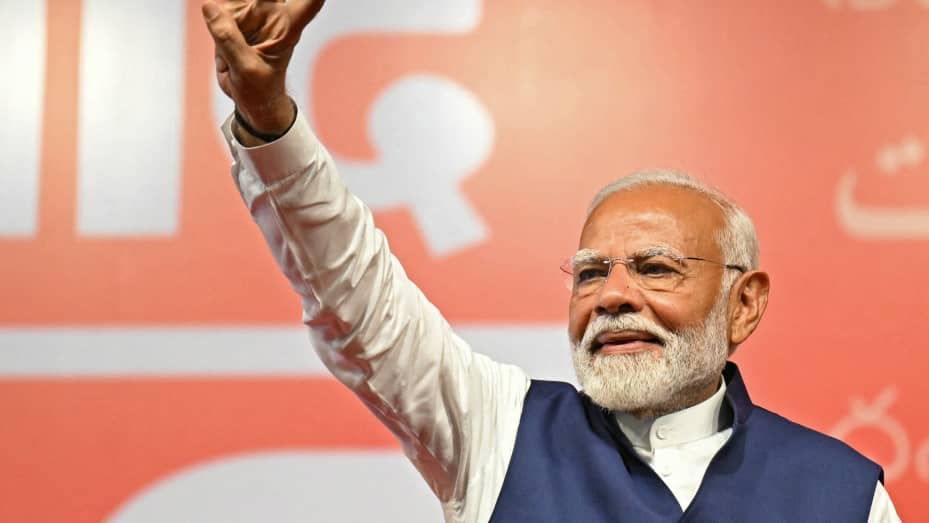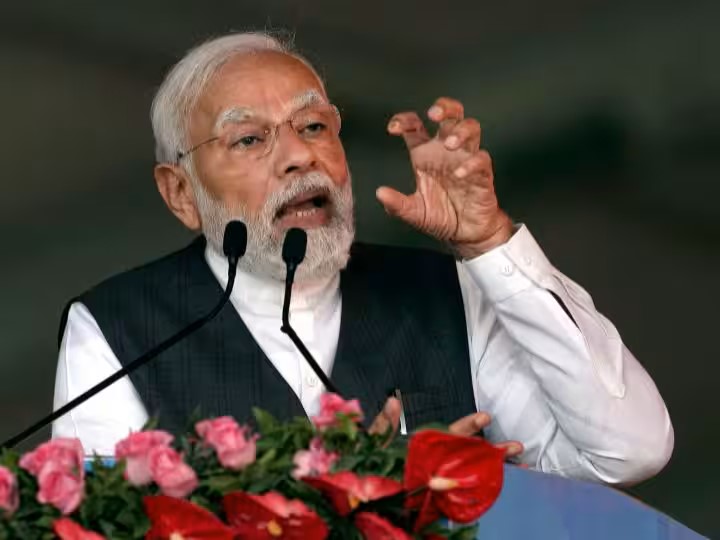In anticipation of the general election, a significant rally has unfolded in India’s capital, drawing top leaders of the opposition coalition and thousands of supporters. Their collective outcry targets what they perceive as “autocracy” and centres around the recent arrest of Arvind Kejriwal, the Chief Minister of Delhi and a central figure in the opposition alliance challenging Prime Minister Narendra Modi’s government.
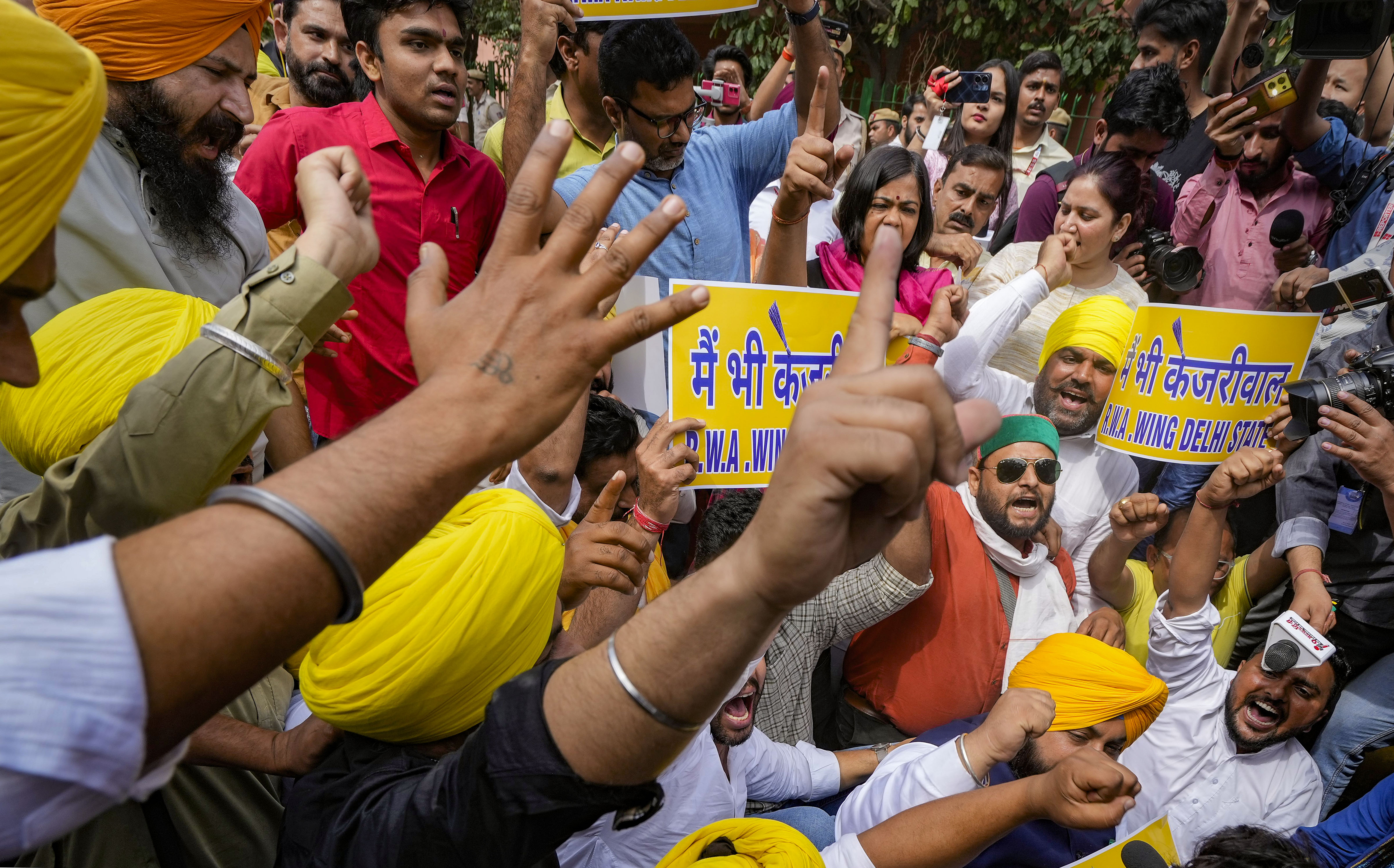
Kejriwal’s arrest follows a protracted corruption investigation, with allegations pointing to irregularities in liquor license distribution by his administration. Despite his denial of these charges, Kejriwal finds himself in custody, with his party, the Aam Aadmi Party (AAP), vehemently insisting that the case against him is politically motivated and baseless.
The Enforcement Directorate (ED), India’s foremost financial investigation agency, has not only detained Kejriwal but has also launched inquiries into several other state chief ministers and their relatives, primarily from opposition parties. This series of actions has sparked accusations of government overreach and biased targeting.
Central to the protest are leaders from diverse political factions within the opposition alliance, notably the Indian National Developmental Inclusive Alliance. Uddhav Thackeray of the Shiv Sena party decried what he perceives as a slide toward autocracy, while Tejashwi Yadav emphasized the unity of the opposition in upholding democratic principles.
D. Raja of the Communist Party of India denounced Kejriwal’s arrest as a blatant misuse of governmental authority, stressing the imperative of accountability. Sunita Kejriwal, Arvind Kejriwal’s wife, reiterated her husband’s widespread support among the Indian populace, signalling a steadfast stance against what they view as unjust persecution.
As India braces for the monumental task of selecting its new government, Kejriwal’s arrest and the ensuing protests highlight the contentious nature of Indian politics. While many analysts predict Narendra Modi’s re-election, concerns persist regarding the purported abuse of state apparatus to suppress political dissent, a narrative shaping the electoral discourse.

